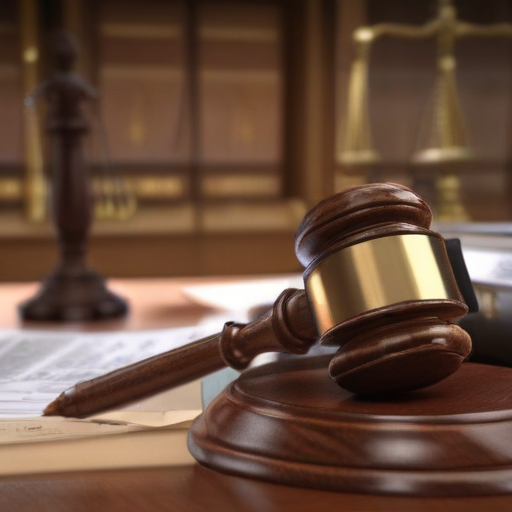Sam Altman, the co-founder and CEO of OpenAI, has firmly denied serious allegations made by his sister, Ann Altman, in a lawsuit filed in Missouri. The lawsuit claims that Sam sexually abused Ann from 1997 to 2006, starting when she was just three years old and he was twelve. The allegations include numerous acts of sexual assault and abuse.
In response to the claims, Sam Altman, along with his family, issued a statement arguing that the allegations are false and asserting that Ann has struggled with mental health challenges and has not sought conventional treatment. They expressed sadness over the situation, stating that it causes great pain to the family. Altman also mentioned that his sister has been receiving financial support from the family but continues to seek additional money.
Ann Altman’s attorney countered the family’s claims, asserting that denial from family members is common in such situations and emphasizing that her mental health does not invalidate her allegations. Ann, who is currently 30, is seeking at least $75,000 in damages as she claims to have suffered from PTSD, emotional distress, and substantial medical expenses due to the alleged abuse.
The lawsuit is brought under a Missouri law that allows victims of childhood sexual abuse to file lawsuits until their 31st birthday, a threshold Ann reached just days after the lawsuit was filed.
Sam Altman is known for leading OpenAI, the organization behind the AI technology like ChatGPT, which has garnered significant attention and a high valuation, bolstered by investment from Microsoft.
This situation underscores complex family dynamics and the difficult path individuals who experience abuse may face in coming forward. It is essential to approach such allegations with sensitivity, as they affect many aspects of those involved.
Overall, while these claims have added a layer of controversy to Altman’s public persona, they also bring to light the ongoing struggle many survivors face in seeking justice and healing. As the legal process unfolds, it will be important for both parties to receive a fair examination of the evidence and support systems in place for survivors of abuse.
